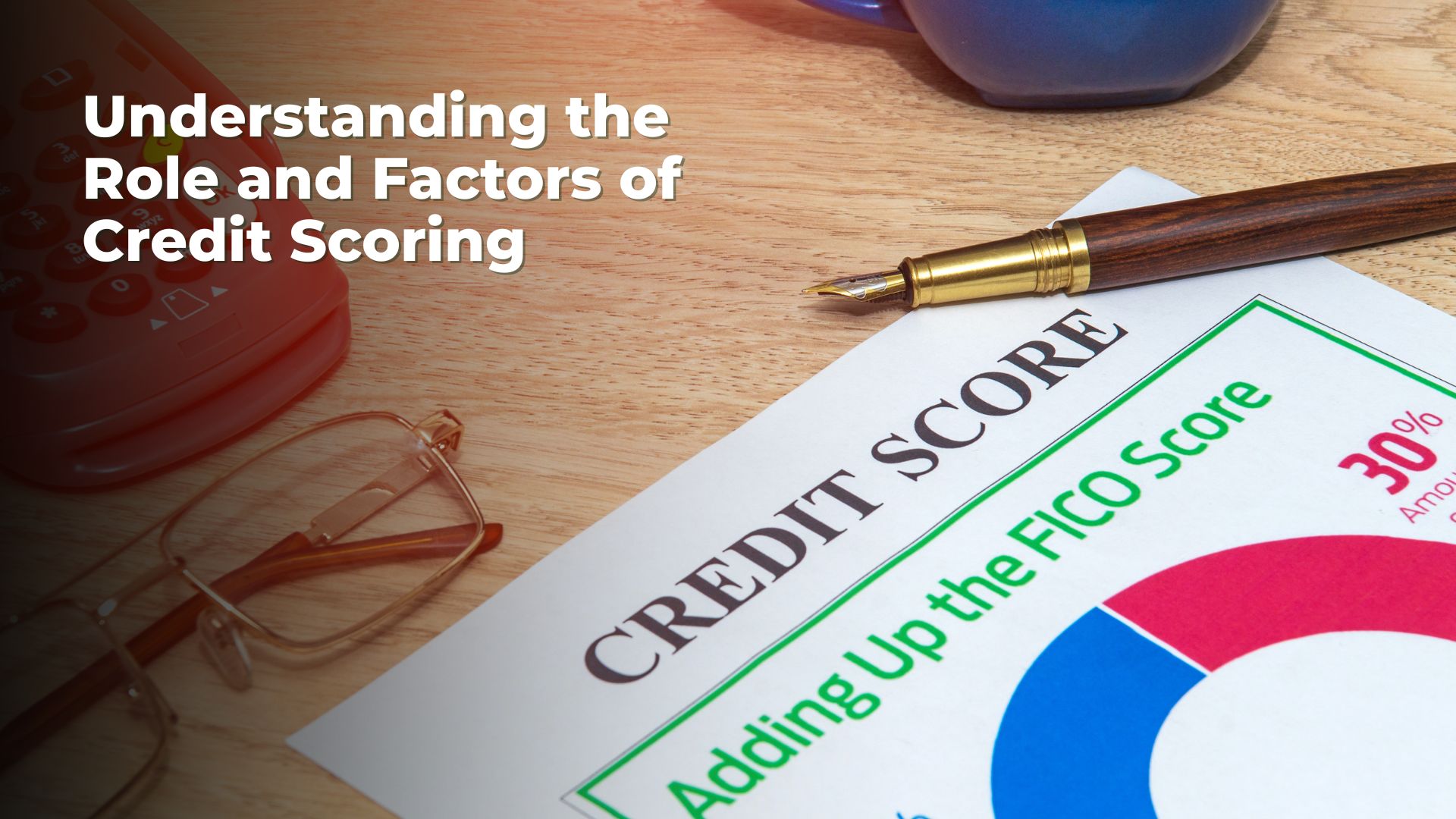

Did you know that Americans lost over $12.5 billion to fraud in 2024 alone? This startling figure is largely due to financial hardship loan scams, in which scammers take advantage of those who are in need of assistance.
Scammers are becoming more sophisticated as the need for financial assistance increases. These scammers often disguise themselves as legitimate lenders, making it essential to recognize the red flags before it's too late.
In this article, we will guide you on how to recognize financial hardship loan scammers, how to avoid becoming a victim, and what to do if you've already been the target.
Scammers pose as reputable lenders or government organizations that provide immediate financial assistance in financial hardship loan scams. People who are having financial difficulties, such as debt or medical costs, often become the target of these frauds.
Fraudsters may make up a "Financial Hardship Department" that promises instant cash, lowered payments, or approval without a credit check. They usually employ phishing techniques through social media, emails, and phone calls in an effort to get personal information or demand upfront payments without making any loans.

The above graph shows the growth of reported financial fraud cases from 2019 to 2024. The data illustrates the increase in total fraud losses, with 2024 showing a reported total loss of $12.5 billion, as indicated by the Federal Trade Commission (FTC).
Recognizing and avoiding scams requires an understanding of these strategies. Let's explore how scammers manipulate vulnerable consumers to further their schemes.
It's critical to recognize the warning signs that suggest you may be interacting with a scam. The following are important warning indicators to watch out for:
It's critical to stop the conversation and confirm the validity of the offer before proceeding if you see any of these warning signs. Let's now look at ways to protect yourself and prevent becoming a victim of these frauds.
Here are some proactive measures you may take to protect yourself against becoming a victim of financial hardship loan scams:
You may greatly reduce your chance of becoming a victim of financial hardship loan scams by taking these precautions. If you do find yourself targeted or scammed, here's what you should do next.
If you find yourself targeted by a loan scam, it's important to take immediate action:
These actions are essential for reducing the damage that a scam can do to you and safeguarding your identity from additional risk.
Let's now look into how you might take proactive steps to protect yourself from scams in the future.
Here are some crucial identity protection steps to preserve long-term security and protect your data:
For businesses dealing with overdue payments, having a reliable debt recovery partner is crucial. For companies looking for efficient and legal collection services, South East Client Services (SECS) is a reputable option.
In contrast to many other organizations, SECS places a high priority on following all laws making sure that their practices are ethical and transparent. They are the perfect partner for companies trying to collect debts while preserving good customer relations since they provide adaptable, consumer-focused debt collection solutions.
By implementing these protective measures, you can ensure better security for your personal information. Let's summarize the key points.
The number of financial hardship loan frauds is increasing, and scammers are taking advantage of vulnerable individuals. You can protect your finances by identifying warning signs such as deceptive promises and high-pressure methods. Taking quick action to secure your accounts and report scams can minimize damage.
For companies looking to collect past-due payments, South East Client Services (SECS) provides reliable debt collection solutions. Their services are built on ethical practices, regulatory compliance, and a customer-focused approach, making them a trusted partner for debt recovery.
For efficient and compliant debt collection, reach out to SECS today and let their expert team help streamline your collections process.